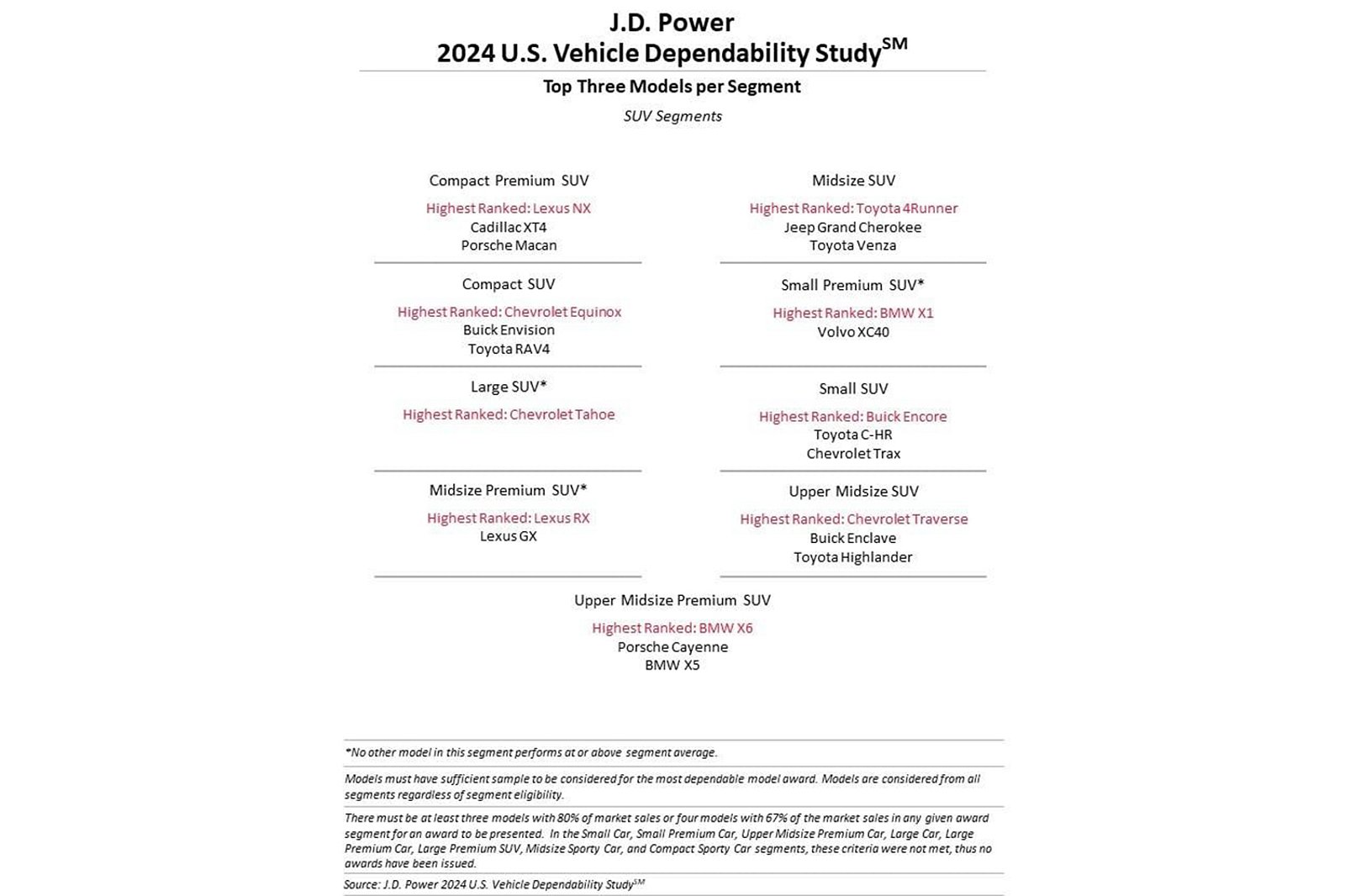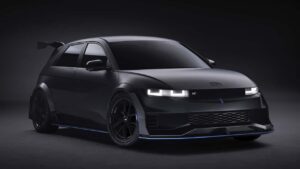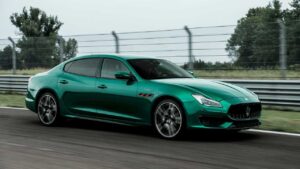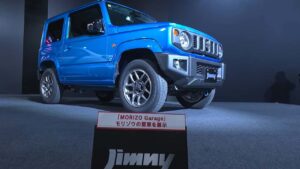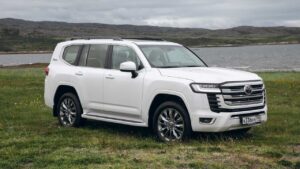Dependable German sports car tops infotainment system rankings once more
The 2024 J.D. Power US Vehicle Dependability Study has revealed that Lexus and Toyota remain the most dependable brands in America. These two car manufacturers have consistently topped the list of reliable brands, showcasing their dedication to quality and customer satisfaction.
Lexus emerges as the top-performing brand, achieving a score of 135 problems per 100 vehicles (PP100). For the second consecutive year, this Japanese luxury car manufacturer claims the leading spot on the list, surpassing Genesis in the previous year’s standings.
In the current year, Toyota has climbed to the second spot on the list with a score of 144 PP100. This puts them at the top for mainstream car brands, surpassing Kia, which held the top position for several years.
The Toyota Motor Corporation holds the top spot in various vehicle categories, boasting a remarkable nine Lexus and Toyota models – the most significant figure since 2017 when the company recorded 10 top-performing cars.


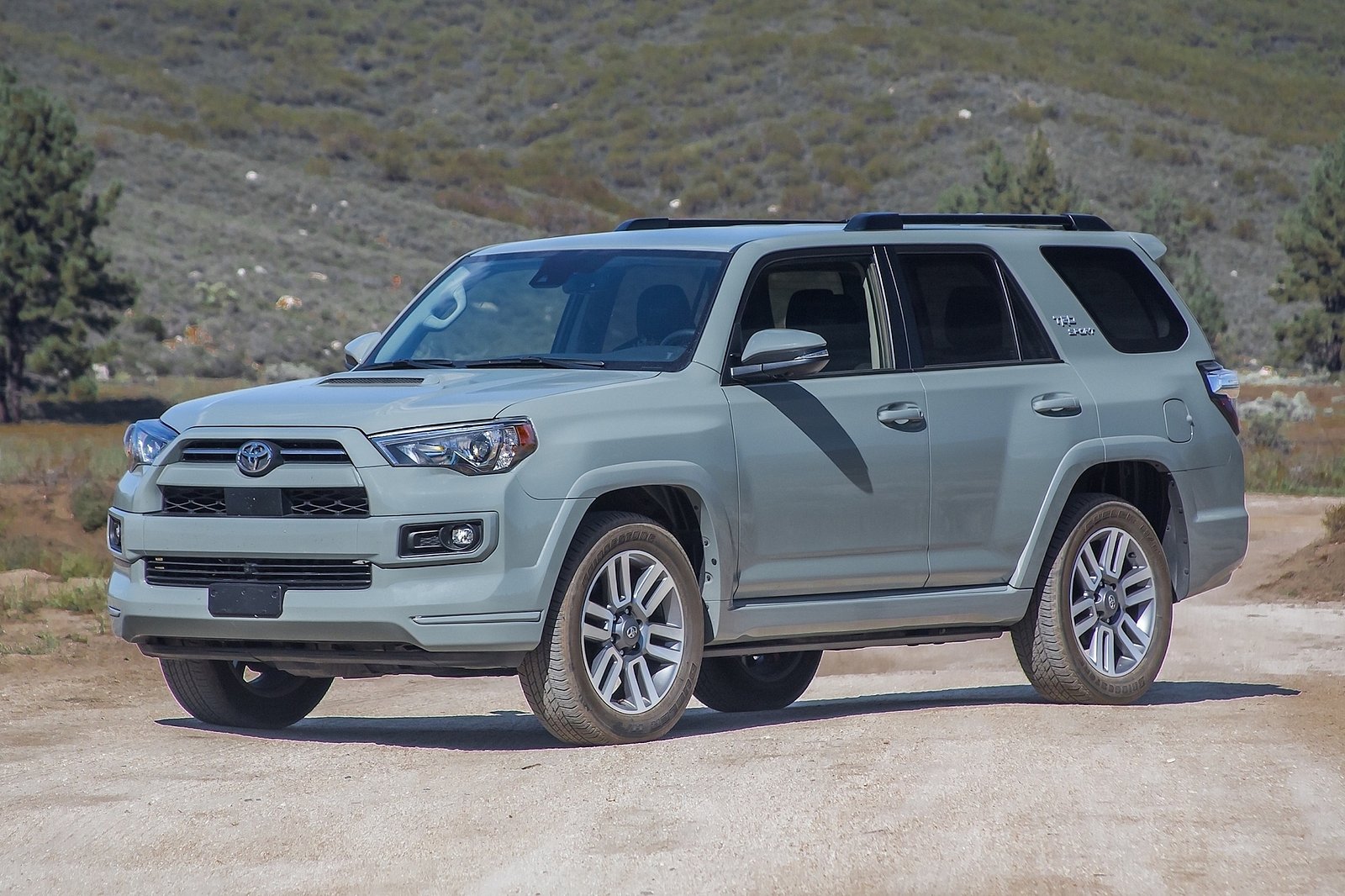
The top-performing vehicles with the lowest PP100 scores are the Lexus IS, ES, NX, and RX, as well as the Toyota 4Runner, Camry, Corolla, Tacoma, and Tundra.
In the category of high-end brands, Porsche (175 PP100) and BMW (190 PP100) claimed the second and third spots. For mainstream car companies, Buick (149 PP100) took second place, while Chevrolet and Mini (174 PP100) shared the third spot.
According to the latest study, the Porsche 718 line (including Boxsters and Caymans) has proved to be the most reliable choice this year. This outstanding performance has placed it at the top of the list in the Premium Sporty Car category, with the Chevrolet Corvette following closely behind.
This year’s report highlights infotainment systems as the leading cause of dissatisfaction, with a rating of 49.1 PP100 – a result consistent with last year’s findings. The biggest challenges within these systems are connectivity issues with Android Auto and Apple CarPlay, closely followed by problems with the car’s built-in voice recognition feature. Additionally, the study reveals a growing frustration with driver assistance alerts that escalates over time.
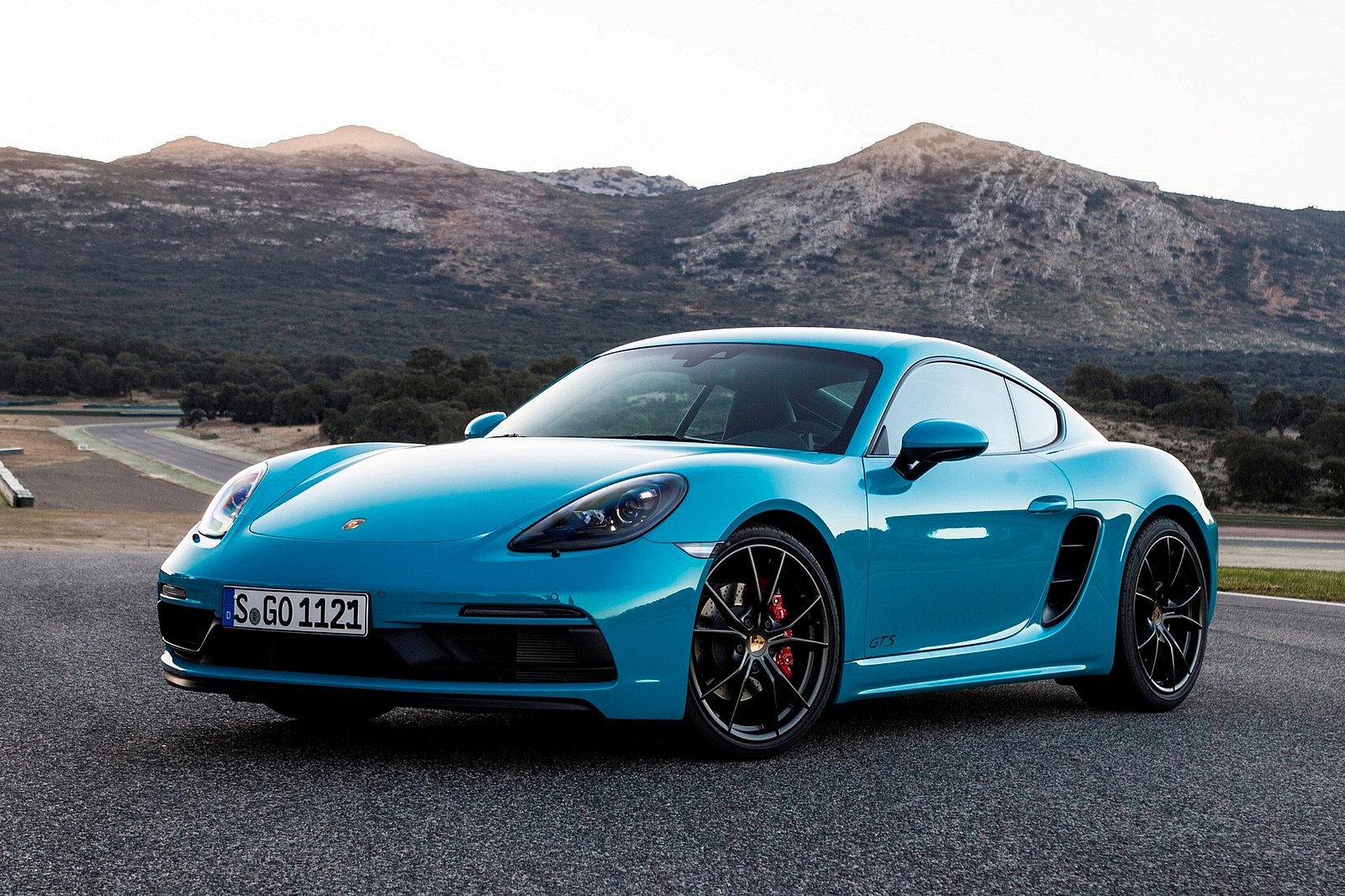
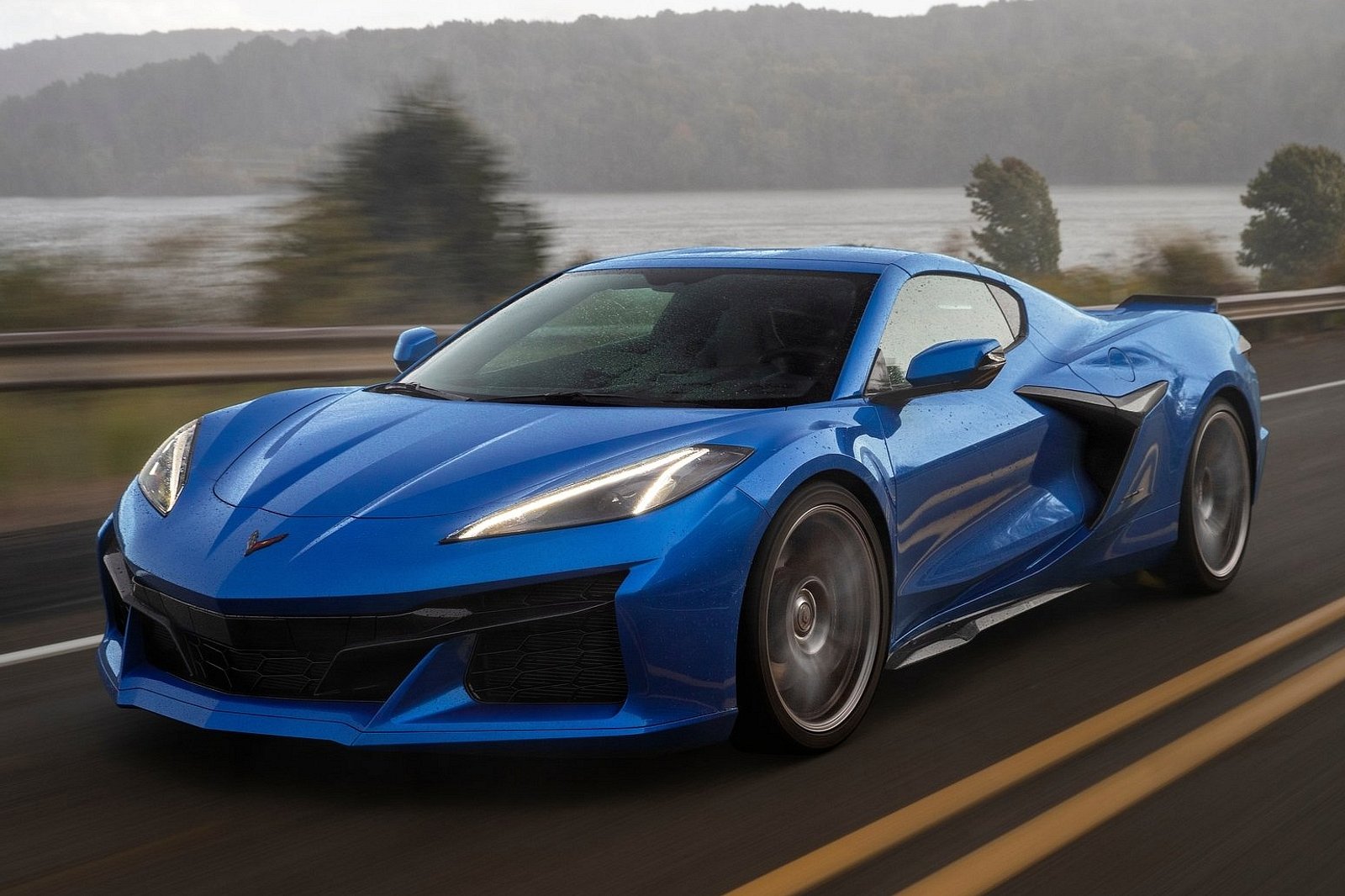
After a period of three years of being owned, it has been discovered that both Battery Electric Vehicles (BEVs) with a score of 256 problems per 100 vehicles and Plug-in Hybrid Electric Vehicles (PHEVs) with a score of 216 PP100, have more issues in comparison to hybrid cars with a score of 191 PP100, and gasoline-powered cars with a score of 187 PP100. This result is consistent with the findings of a recent study conducted by Consumer Reports. Tires have been found to be a major source of frustration for car owners, as 39% of BEV owners had to replace them within a year, which is 19% higher than the frequency of tire replacement seen in gasoline cars.
The 2024 US Vehicle Dependability Survey included feedback from 30,595 individuals who purchased 2021 model-year cars and had owned them for three years. It was conducted between the months of August and November 2023. This research focused on 184 distinct issues that owners may have encountered with their vehicles, such as weather control, driving aids, overall driving experience, outside appearance, functionality and user-friendliness of features and controls, entertainment systems, inside design, engine performance, and comfort of seats.
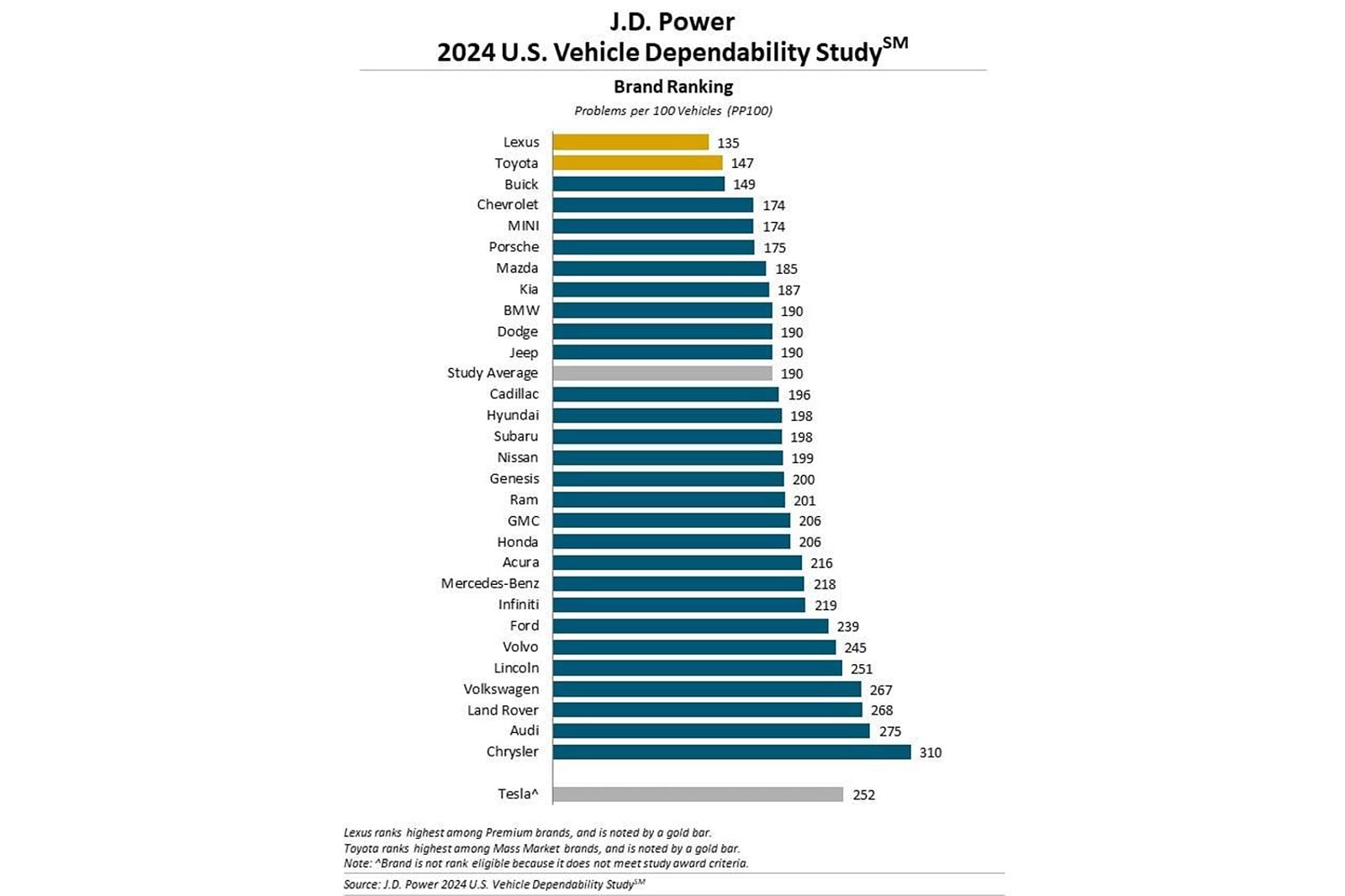
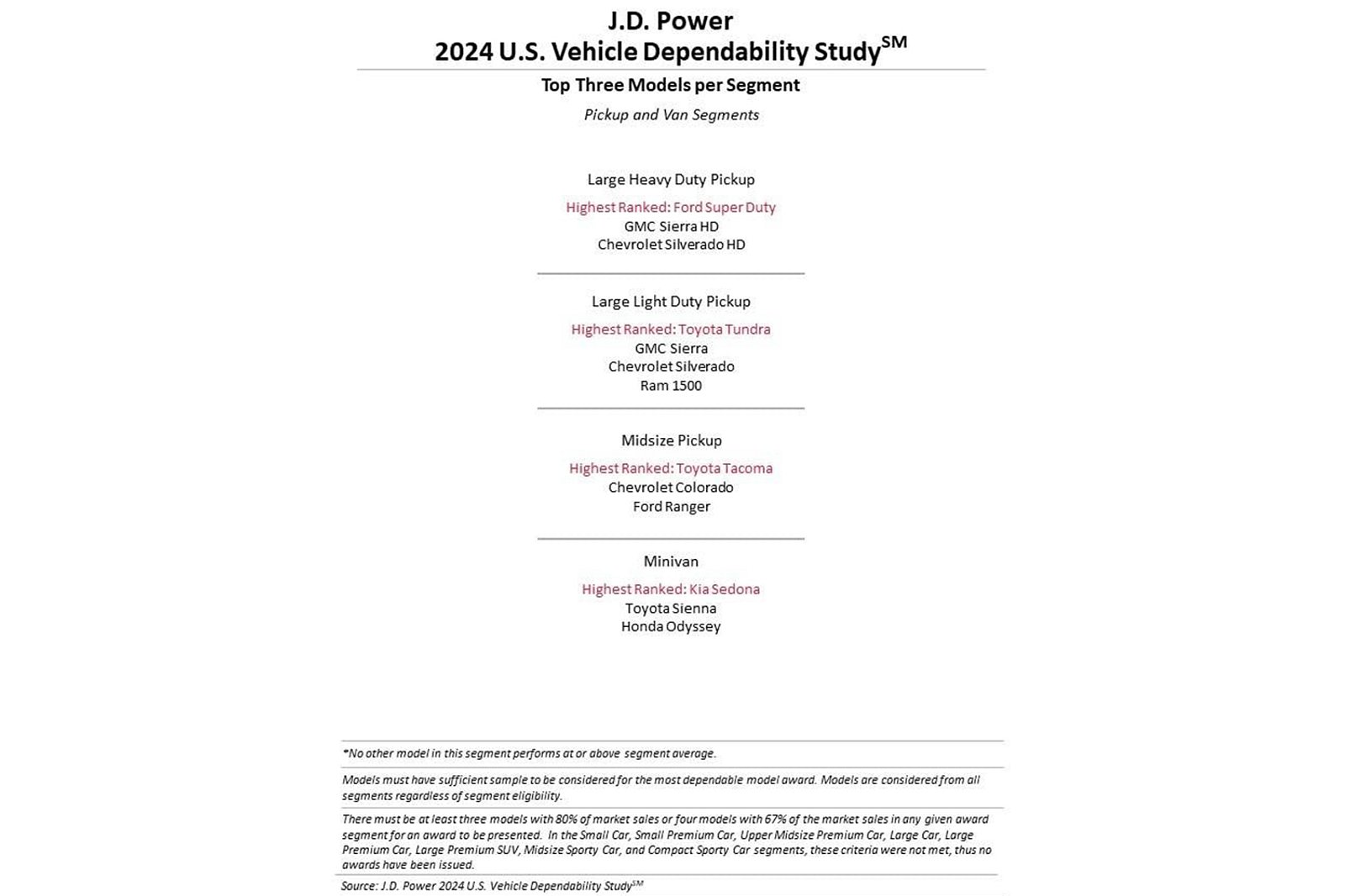
The latest research brings positive developments for Toyota, although J.D. Power has observed a decrease in vehicle dependability in this year’s survey, with approximately 66% of the automobiles experiencing a rise in issues. The average for the industry has escalated to 190 PP100 – a four-point surge compared to the previous year.
According to Frank Hanley, senior director of auto benchmarking at J.D. Power, the prolonged lifespan of vehicles can be largely attributed to the turbulent period in which they were manufactured. As a result, owners are holding onto their cars for significantly longer periods of time. In fact, the average age of vehicles currently in use on American roads is approximately 12 years. This highlights the significance of creating durable and long-lasting vehicles. Automakers must prioritize building cars that can withstand the test of time, as new technology introduced today must still meet the needs of customers for years to come.
